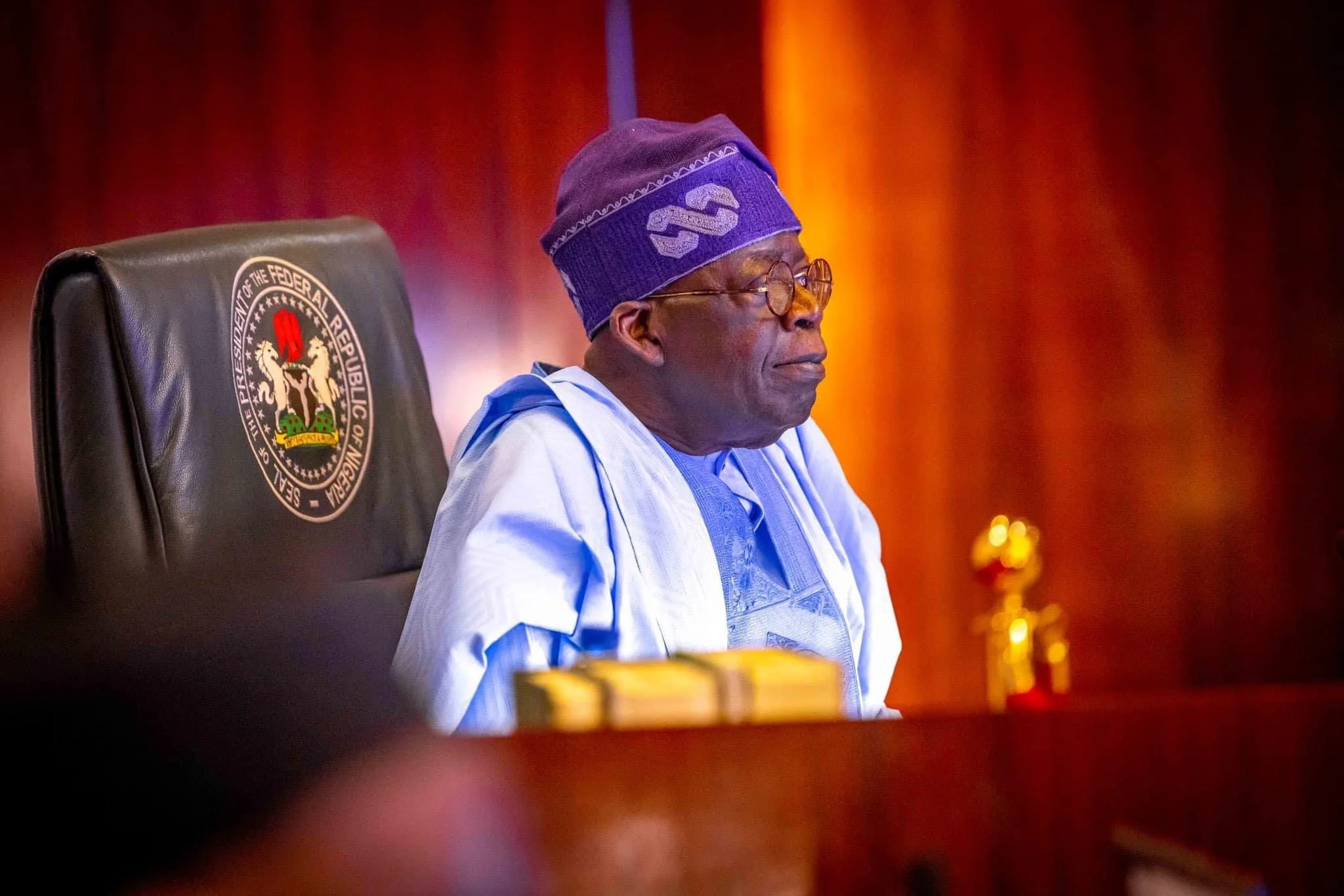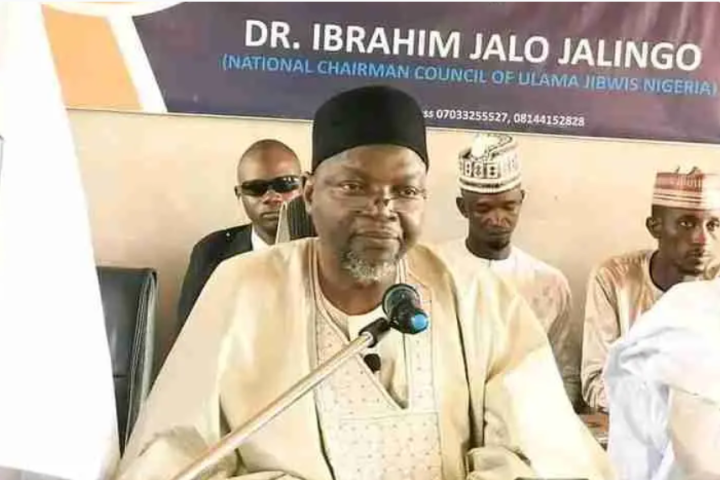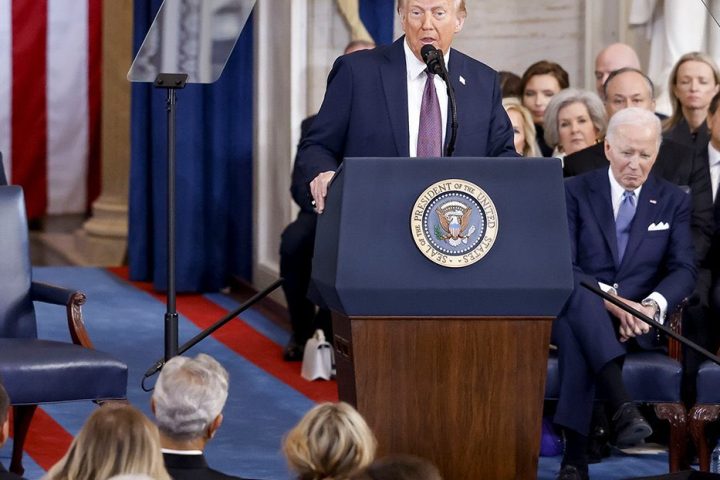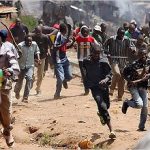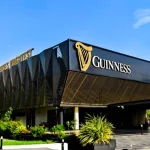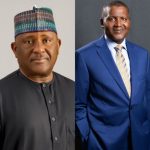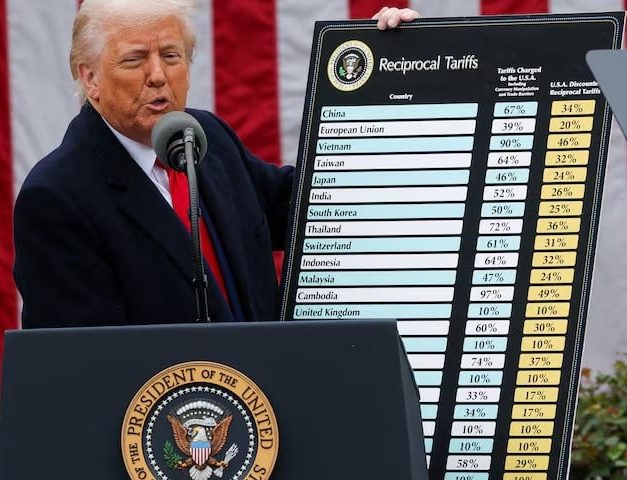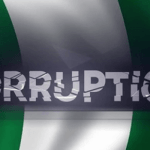Former Kaduna Senator, Shehu Sani, recently condemned an online poll that labelled Nigerian President Bola Ahmed Tinubu and other African leaders as the most corrupt.
He criticised the poll conducted and published by the Organised Crime and Corruption Reporting Project (OCCRP) on 31 December 2024, arguing that it reflects subjective opinions rather than factual evidence. This list also included prominent figures such as Kenya’s President William Ruto and former Indonesian President Joko Widodo.
Join our WhatsApp ChannelThe OCCRP’S Corruption Ranking
The OCCRP is an international organisation focused on exposing organised crime and corruption globally. Established in 2012, the investigative outlet aims to highlight individuals significantly involved in these activities.
Here is the list of finalists for the OCCRP’s “Person of the Year” award from 2019 to 2024, along with the reasons for their selection:
In 2019: Joseph Muscat (Malta) was recognised for fostering a culture of corruption and impunity, particularly linked to the murder of investigative journalist Daphne Caruana Galizia. His administration was marked by shady offshore deals that flourished under his leadership. Other notable finalists included Donald Trump (USA), for alleged abuses of power related to pressuring Ukraine for political gain; Rudy Giuliani (USA), for his involvement in those efforts; and Denis Christel Sassou Nguesso (Democratic Republic of the Congo), who was accused of siphoning off funds from the Congolese treasury.
In 2020: The award went to Jair Bolsonaro (Brazil), who was recognised for promoting corruption and undermining democratic institutions while surrounding himself with corrupt figures.
2021: Alexander Lukashenko (Belarus) was noted for advancing organised crime and corruption while suppressing dissent during his regime.
2022: Yevgeny Prigozhin (Russia) received the award for extending Russia’s corrupt influence globally through various criminal enterprises.
2023: María Consuelo Porras (Guatemala) was selected for undermining anti-corruption efforts and protecting corrupt officials.
And in 2024: Tinubu and others
The award went to Bashar al-Assad (Syria), recognised for his role in organised crime, human rights abuses, and financing his regime through drug production and smuggling. Other finalists included Bola Ahmed Tinubu (Nigeria), William Ruto (Kenya), Joko Widodo (Indonesia), Sheikh Hasina (Bangladesh), and Gautam Adani (India).
READ ALSO: Corruption: Latest Report Says Judiciary Beats Nigerian Police In Bribery
In this recent report, ranking was based on nominations from the public, journalists, and an expert panel that evaluates the impact of these individuals on global corruption. The OCCRP named President Bola Ahmed Tinubu as a finalist for its 2024 “Corrupt Person of the Year” list due to serious allegations against him. These include links to 20 properties in the UK purchased by associates during his governorship of Lagos and connections to an offshore company involved in a $10.8 million property purchase currently under investigation. Additionally, past claims suggest his involvement in money laundering linked to a heroin ring in Chicago during the early 1990s.
Another key allegation include historical connections to drug trafficking and financial improprieties, particularly regarding ties to Alpha Beta Consulting, a firm accused of tax revenue mismanagement in Lagos State. Furthermore, accusations of electoral manipulation during his presidential campaign have further tarnished his reputation.
The report emphasises the broader societal impact of such leadership, noting that Tinubu’s alleged actions have deepened poverty and stalled progress in Nigeria. The resulting public discontent has manifested in significant protests, such as the #EndBadGovernance demonstrations, which highlighted issues of hunger and economic hardship. These protests led to arrests and raised concerns about governance and accountability in Nigeria, reflecting a growing demand for transparency and reform amidst pervasive corruption.
It is pertinent to note that the timing of this ranking coincides with heightened scrutiny of leadership accountability in various countries, particularly in Nigeria and Kenya, where citizens have expressed frustration over governance failures.
Reactions Regarding President Tinubu’s Corruption Label
The announcement of President Bola Ahmed Tinubu being named one of the finalists for the 2024 “Corrupt Person of the Year” by OCCRP has elicited mixed reactions across various quarters. Many Nigerians expressed disappointment as well as affirmation regarding his inclusion in such a ranking.
Social media reactions highlighted a sense of disillusionment; critics pointed to ongoing economic hardships, high inflation, and controversial policies under his administration as contributing factors to public discontent. Conversely, supporters including members of the APC diaspora defended Tinubu, labelling the allegations as politically motivated attacks aimed at undermining his leadership.
Let’s even say that his supporters are right, but how about the various corruption scandals involving his ministers. The Economic and Financial Crimes Commission (EFCC) has been directed to investigate several allegations against government officials, further complicating public perception regarding integrity within the current administration.
Government Response to OCCPR Corruption Ranking
Historically, attempting to critique the Nigeria government, and other officials regarding corruption has often been met with severe backlash. For instance, not quite long, Dele Farotimi a prominent human rights attorney and activist was arrested for publishing a book titled “Nigeria and its Criminal Justice System.” Released in July 2024, this book critiques judicial integrity while specifically accusing Chief Afe Babalola a well-known lawyer of corrupting the Supreme Court to secure favourable judgments.
The charges against Farotimi include 16 counts related to defamation and incitement of public fear. His arrest has sparked public outrage with many Nigerians demanding his release while criticising Babalola’s influence over the judiciary.
Currently, responses from the Nigerian federal government regarding OCCRP’s corruption ranking which named President Bola Ahmed Tinubu as one of the world’s most corrupt leaders for 2024 have been characterised by a mix of criticism and defence. Members of the ruling All Progressives Congress APC such as Felix Morka have denounced this ranking as an unjustified attack aimed at delegitimising Tinubu’s administration; they perceive it as a calculated effort by foreign entities to undermine Nigeria’s democratic integrity. While there has been no official attack from the government towards OCCRP these reactions highlight a defensive stance against what they perceive as external bias. Although, there seems to be sense in their opinion.
Credibility of OCCRP and Allegations of complicity developed countries
Given that the OCCRP operates across six continents, can it indeed be considered a truly global organisation? Headquartered in Amsterdam, Netherlands, it has a presence in various regions including Europe, Africa, Asia, and the Americas. The OCCRP collaborates with over 50 independent media outlets worldwide to expose crime and corruption through investigative journalism.
Allegations of the complicity of developed countries in corruption rankings, such as those from the Organised Crime and Corruption Reporting Project (OCCRP) and Transparency International, often reflect a complex interplay of denial, defensiveness, and criticism of external influences. Many African leaders, including those in Nigeria, argue that these rankings are biased and do not account for the historical complicity of Western nations in fostering corruption and underdevelopment on the continent.
Countries like the United States and the United Kingdom have been criticised for not only fostering corruption but also supporting regimes that perpetuate it, leading to economic slavery and underdevelopment in Nigeria and other African countries. For instance, the U.S. has been accused of double-dealing by supporting leaders like President Bola Ahmed Tinubu while simultaneously investigating allegations against him, including past drug-related activities. The Chicago State University certificate case exemplifies this duplicity, as it faced scrutiny for its handling of Tinubu’s academic records amid allegations of money laundering linked to his past.
The U.S. government also supported figures like former President Muhammadu Buhari despite warnings about his administration’s potential to exacerbate insecurity and economic challenges. This perceived double-dealing raises questions about the sincerity of foreign governments in their anti-corruption rhetoric.
Consequently, many Nigerians view these rankings as reflective of a broader narrative that ignores the systemic issues rooted in colonialism and economic exploitation. The perception is that while local leaders are vilified, the international community often overlooks its role in enabling corrupt practices through financial systems that facilitate illicit financial flows. This situation suggests that while corruption rankings serve to highlight governance issues within Nigeria and Africa, they also provoke discussions about the role of foreign nations in perpetuating these problems.
In light of these dynamics, organisations like the OCCRP need to broaden their scope. They should not only report on local corruption but also examine how international policies, financial institutions, and foreign governments contribute to systemic corruption and underdevelopment in countries like Nigeria. This comprehensive approach would provide a more nuanced understanding of the corruption landscape and encourage accountability at all levels.
Ultimately, addressing corruption effectively requires collaboration between local governments, civil society, and international bodies to foster transparency and promote good governance.
Dr Mbamalu is a Jefferson Fellow, member of the Nigerian Guild of Editors (NGE), communications/Media Consultant and Publisher, Prime Business Africa
Email: marcelmbamalu2@gmail.com
+2348094000017
Dr. Marcel Mbamalu is a communication scholar, journalist and entrepreneur. He holds a Ph.D in Mass Communication from the University of Nigeria, Nsukka and is the Chief Executive Officer Newstide Publications, the publishers of Prime Business Africa.
A seasoned journalist, he horned his journalism skills at The Guardian Newspaper, rising to the position of News Editor at the flagship of the Nigerian press. He has garnered multidisciplinary experience in marketing communication, public relations and media research, helping clients to deliver bespoke campaigns within Nigeria and across Africa.
He has built an expansive network in the media and has served as a media trainer for World Health Organisation (WHO) at various times in Northeast Nigeria. He has attended numerous media trainings, including the Bloomberg Financial Journalism Training and Reuters/AfDB training on Effective Coverage of Infrastructural Development of Africa.
A versatile media expert, he won the Jefferson Fellowship in 2023 as the sole Africa representative on the program. Dr Mbamalu was part of a global media team that covered the 2020 United State’s Presidential election. As Africa's sole representative in the 2023 Jefferson Fellowships, Dr Mbamalu was selected to tour the United States and Asia (Japan and Hong Kong) as part of a 12-man global team of journalists on a travel grant to report on inclusion, income gaps and migration issues between the US and Asia.

